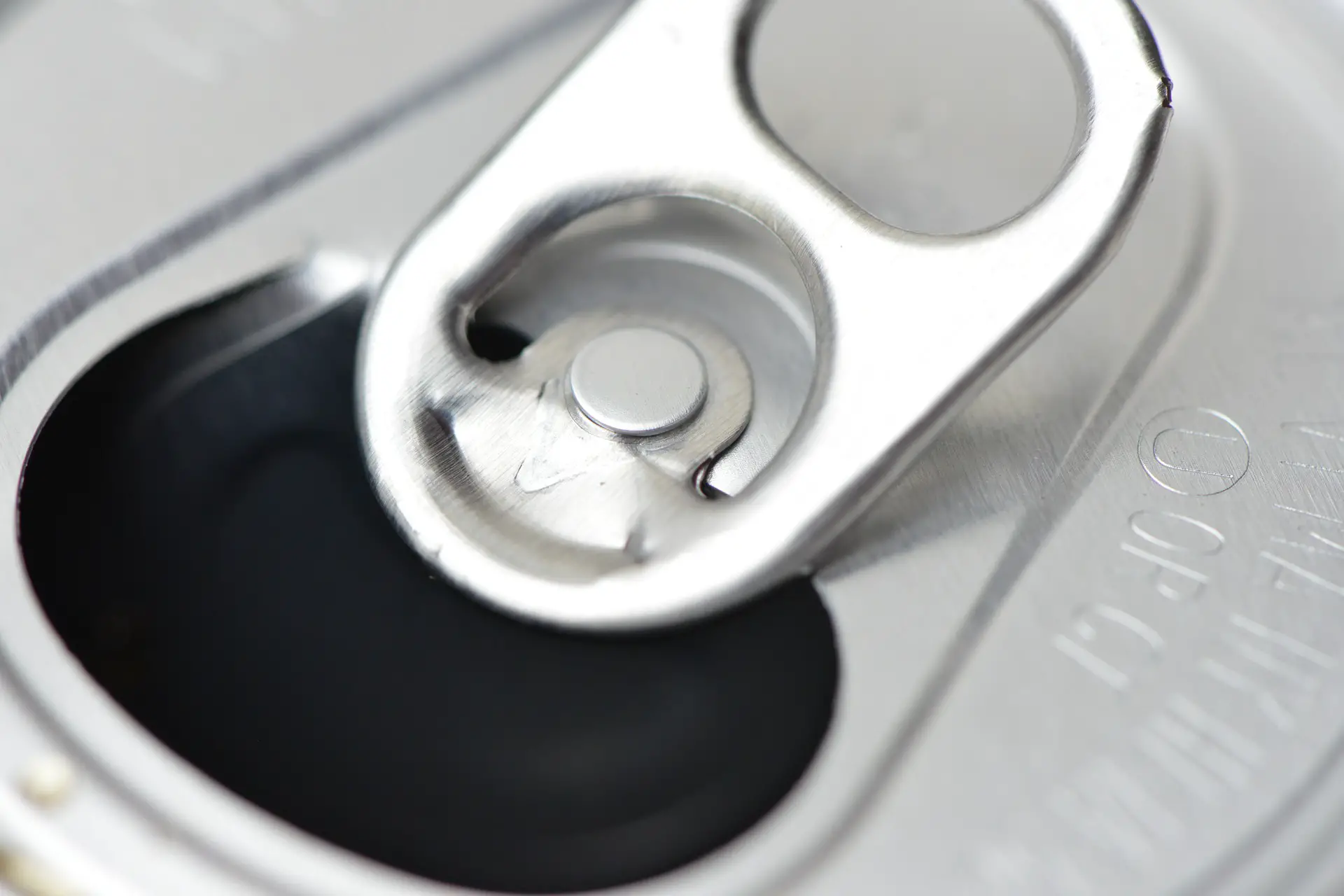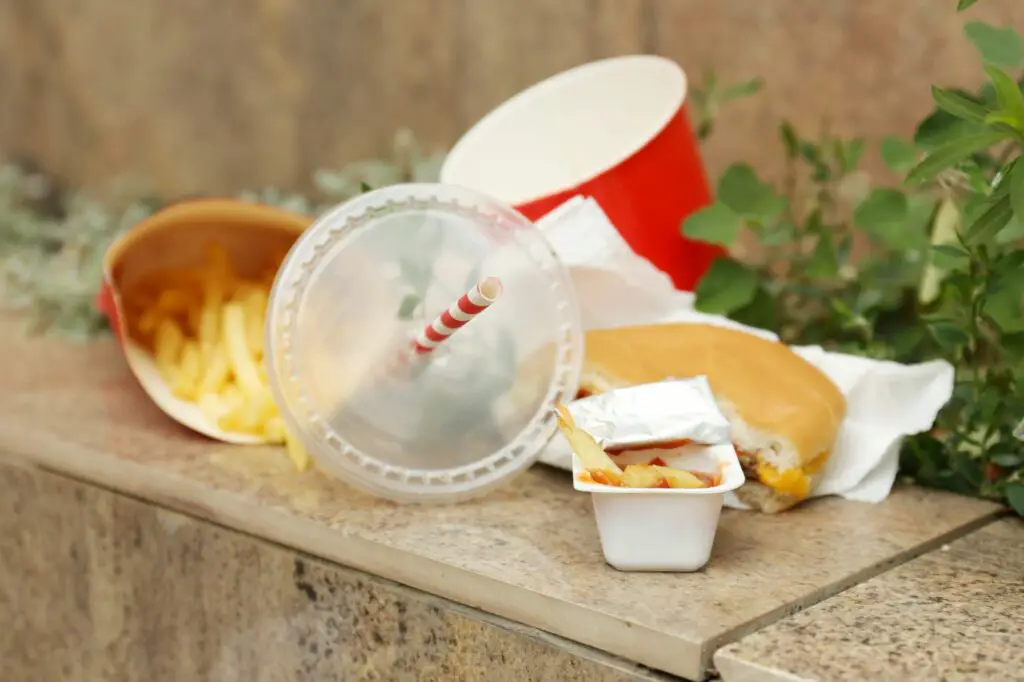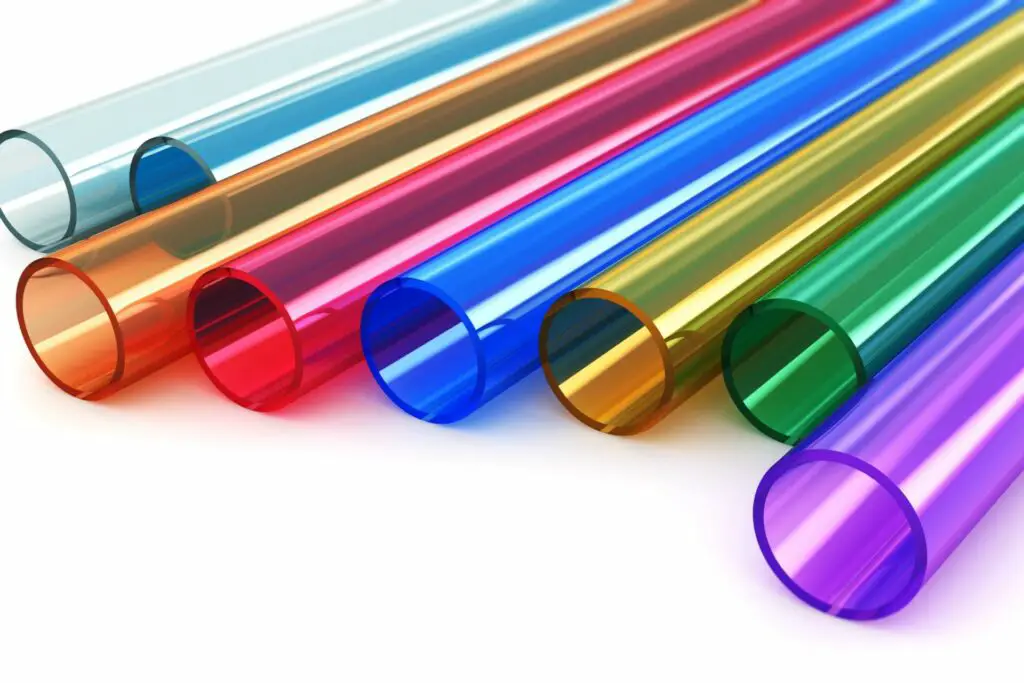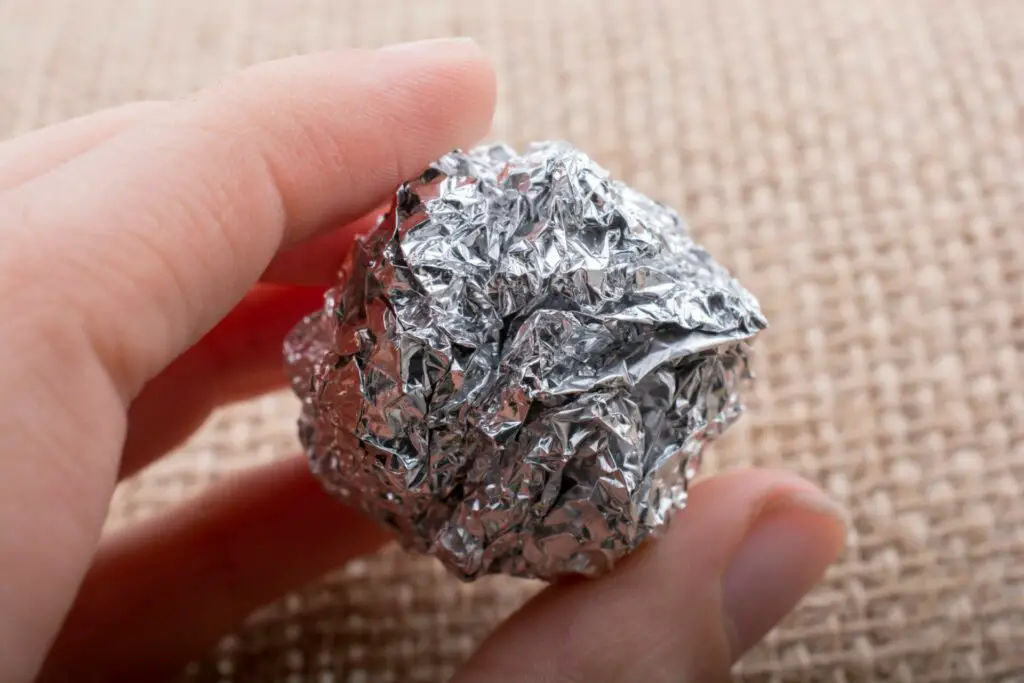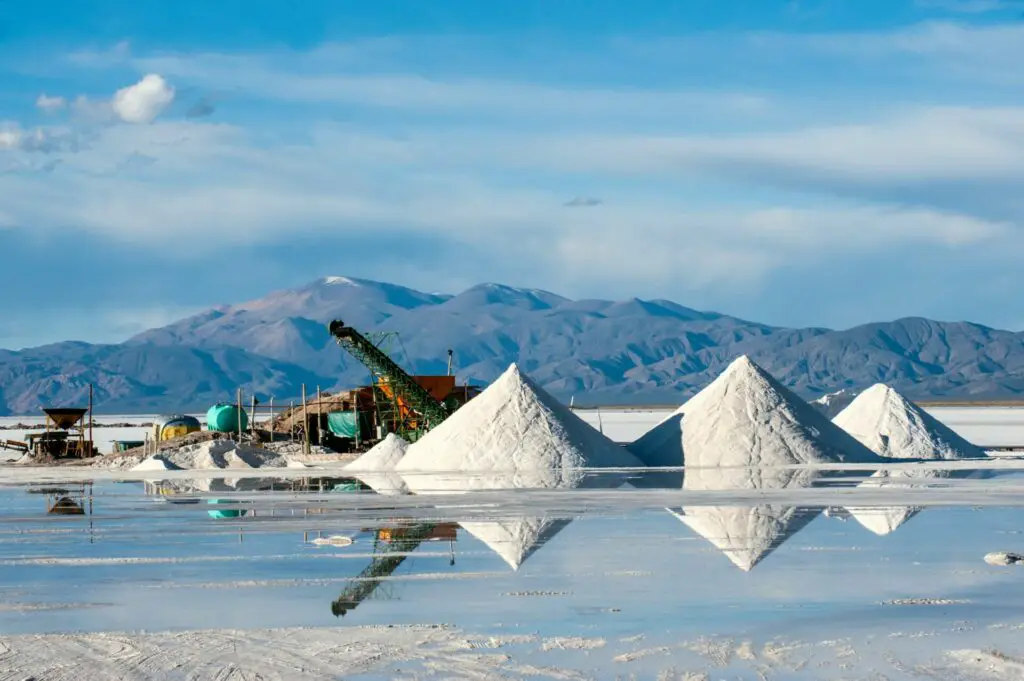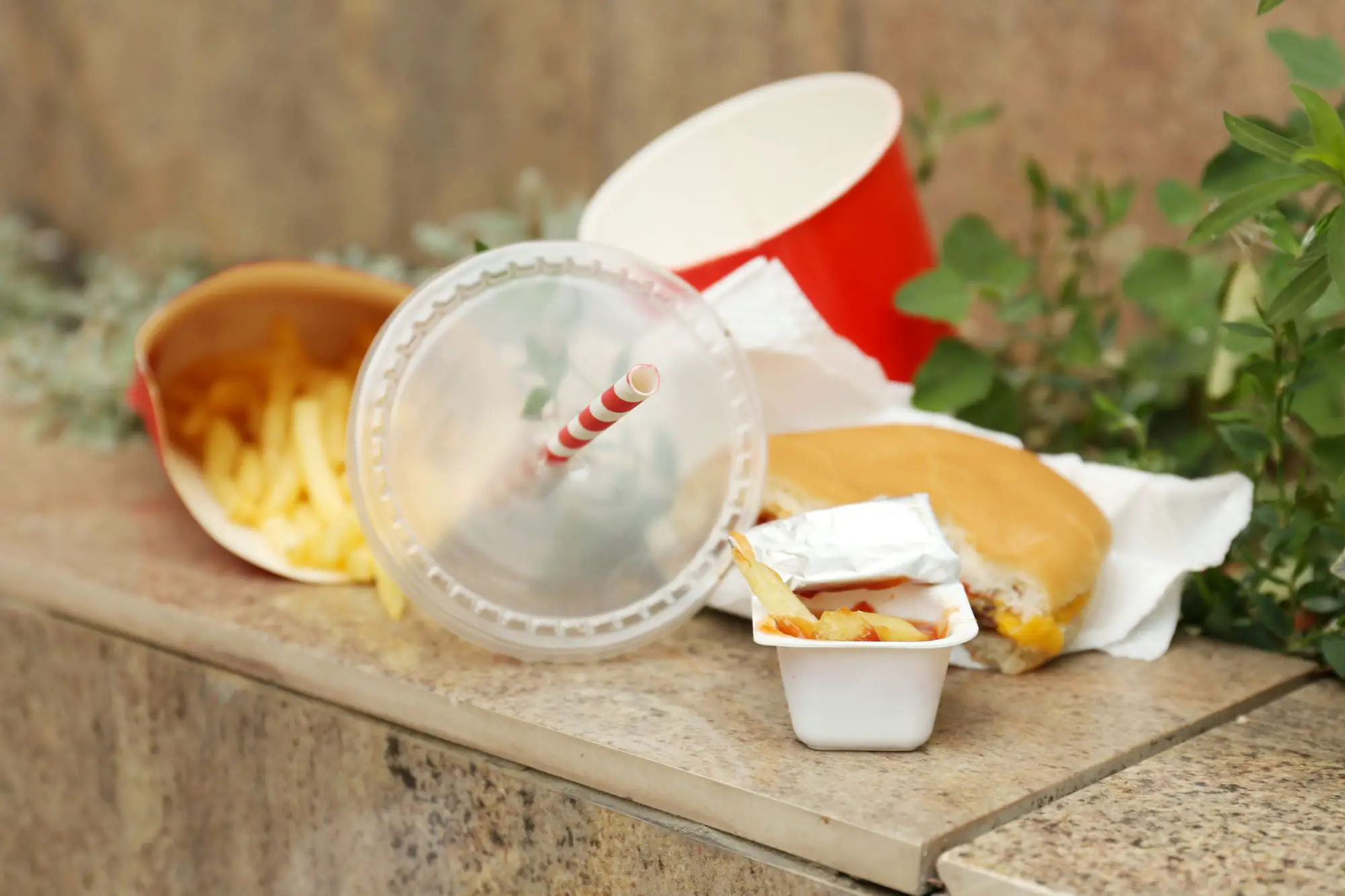Aluminum is one of the most common industrial and post-consumer recycled materials because it is so easy to recycle.
The most recycled aluminum product, empty soda cans, is something that most of us use frequently and have the ability to recycle through our local recycling program.
But with so much aluminum being recycled around the world, it has to use a lot of energy right?
We must ask ourselves if recycling aluminum is actually beneficial in terms of energy savings.
There’s a reason why aluminum is known as the most valuable item in our recycling bins. The title is valid, because in terms of cost and energy savings, aluminum can’t be beat.
In this article, we’ll look at the ins and outs of aluminum’s true energy savings in order to understand why it is such a valuable recyclable material.
How Does Recycling Aluminum Save Energy?
All products have to be created somehow into a usable form. Even if the product comes from a natural source, it still has to undergo a lot of processing in order to make it functional.
Aluminum is no exception to this. Although it does come from a natural source, aluminum doesn’t exist naturally in a pure state.
Like all natural metals, aluminum comes from ore. The particular ore is known as bauxite and it is found in the Earth’s crust.
The aluminum found in bauxite is actually known as aluminum oxide, and it makes up approximately half of the ore.
In addition to being made from aluminum oxide, bauxite also contains silica and iron oxide.
In order to be used, the bauxite ore has to be refined to draw out the aluminum oxide, where it is then known as alumina.
After being refined, the alumina is then smelted to turn it into the pure aluminum that is used to create various products.
Extracting aluminum from bauxite requires temperatures of about 1000 degrees Celsius, as well as a lot of electricity use.
Based on that information alone, you can probably already deduce how much energy processing aluminum from raw materials uses.
But for purely statistical purposes, it takes about 4 tonnes of bauxite ore to produce 2 tonnes of alumina.
From those 2 tonnes of alumina, only about 1 tonne of pure aluminum is produced as a result.
Now in terms of energy, think about how much would have to be used in order to process 4 tonnes of bauxite ore but only get 1 tonne of aluminum out of it.
That’s quite a bit of natural resources that have to be harvested and processed in order to create a tiny amount of usable aluminum.
Now, this is where recycling is so important in terms of energy savings. When you recycle aluminum, it doesn’t have to be refined again.
Since it has already been refined into pure aluminum, all the recycling center has to do is clean it, sort it, and crush it.
Then, they send it to another facility who melts it down and reforms it into new products.
And because the aluminum has already been refined, melting it only requires temperatures of about 660 degrees Celsius.
Another great thing about aluminum is that it can be recycled over and over again without losing its quality, which means that it can be recycled infinitely without ever having to be refined again.
So what exactly does that mean as far as energy savings?
Well, the exact amount of aluminum that is recycled varies on a country-by-country basis.
But overall, about 75 percent of the total aluminum that has been produced is still being used due to its ability to be recycled so easily and endlessly.
With such a large amount of aluminum being recycled and used, you can see how not having to refine it every time would save a significant amount of energy.
How Much Energy Does Recycling Aluminum Save?
Have we mentioned yet that recycling aluminum saves more energy than any other recycled material?
But don’t just take our word for it. Statistics show that recycling aluminum saves over 90 percent of the energy that would be needed to make new aluminum products from raw materials.
We should also note that recycling 1 ton of aluminum saves:
- 14,000 kilowatt hours of energy
- Over 100 million British Thermal Units of energy
- 10 cubic yards of landfill space
If those statistics alone don’t amaze you, recycling just one aluminum can alone can save enough energy to power a 60 watt incandescent lightbulb for 20 hours.
Can All Aluminum Products Be Recycled?
Aluminum is 100% recyclable, which means that all aluminum products can be recycled as well.
Cans are the most recycled aluminum product, accounting for about 50% of all recycled aluminum in the United States of America in 2018.
The main reason why aluminum cans are the most recycled is because they are primarily post-consumer waste, meaning waste that was generated after use instead of as a result of the manufacturing process.
That means that you and I can recycle aluminum cans very easily through a recycling program, unlike some industrial waste that can only be recycled by certain facilities that only larger companies have access to.
But cans aren’t the only products that are made of aluminum and therefore aren’t the only types of aluminum that can be recycled.
Other examples of products that are commonly made from aluminum include:
- Car parts
- Building components
- Electronic components
- Rain gutters
- Window frames
- Wire
All of these aluminum products and more are 100% recyclable, although some aren’t as easily recycled as post-consumer waste like aluminum cans are. But, they can be recycled nonetheless.
How Efficient Is Recycling Aluminum?
Considering that recycling aluminum saves about 95% of the energy it would take to create new aluminum from raw materials, you can gather that it is pretty efficient.
Combine that with the fact that aluminum doesn’t deteriorate in quality each time it is recycled, which means that it can be recycled an infinite amount of times.
Not only does recycling aluminum significantly cut down on energy use, but it also cuts down on greenhouse gas emissions by 97% compared to raw aluminum production.
The most efficient recycled aluminum material is cans. A single aluminum can be completely recycled as a new can in about 2 months.
Recycling aluminum cans is 20 times more efficient than making a completely new can from raw materials.
Does Aluminum Save More Or Less Energy Than Other Metals?
Although aluminum is one of the top recycled post-consumer materials, it is not the most recycled metal in the world.
The title for the most recycled metal actually goes to steel. But in addition to aluminum, other highly recycled metals include:
- Brass
- Copper
- Gold
- Iron
- Silver
However, recycling steel only saves about 74% of energy compared to 95% for aluminum. So even though steel is the most recycled material, it does not save the most energy.
Even recycling copper saves more energy than steel, at 85% versus making new copper.
That means that aluminum is the clear winner in terms of energy savings compared to other metals.
How To Dispose Of Aluminum To Make Sure It Gets Recycled
Recycling aluminum only saves energy if it is recycled properly.
The first step is making sure that your aluminum waste actually makes it to a recycling facility.
Most large cities have a recycling program in place that will pick up recycling from your home and take it to a recycling facility.
Even if your city doesn’t do this, or you live in a smaller area, you likely have a recycling drop-off location somewhere near you.
But before your aluminum can be picked up or dropped off, you have to make sure that you are disposing of it properly.
Otherwise, it may have to undergo additional sorting or may not get recycled at all.
You will first need to know what types of aluminum can be recycled. It’s important to make sure that any aluminum you intend to recycle is “loose.”
By that we mean that the aluminum can’t be attached to any other recyclable material, such as cardboard or plastic, usually in the case of food packaging. If that’s the case, you will just have to throw it away.
But if the aluminum foil is “loose,” it’s a good idea to separate it by type. This will cut down on the amount of sorting that has to be done at the recycling facility.
For example, if you use a lot of aluminum foil, clean it off as best as you can after use and roll all of your used aluminum foil into a ball.
For aluminum cans, have a separate bag or bin to place them in when they are empty.
If you have a weekly recycling pickup service, place the aluminum you want to be recycled outside for pickup, following the rules and guidelines of your recycling pickup company.
If you have to take the recycling to a drop-off center, make sure that each type of aluminum is bagged separately.
Usually there are drop-off bins at the center, so all you have to do is drop all of the bagged aluminum into the bin labeled for aluminum.
Not bagging your recyclables or dropping them into the wrong bin may take longer or make it harder for them to get recycled.
If you’re unsure about recycling options in your area, you can call the appropriate local government office or look online for recycling drop-off locations.
Is Recycling Aluminum Good For The Environment?
There are debates as to how good for the environment recycling actually is because it is still a manufacturing process.
However, the good news is that aluminum is one of the best materials for recycling because as we’ve learned so far, it is the most energy efficient recyclable material.
This is especially evident when you think about the environmental impacts that making aluminum from raw materials causes.
As a review, not only does a lot of bauxite have to be collected in order to make a small amount of aluminum, but using raw materials uses about 95% more energy and produces 97% more greenhouse gas emissions.
Not to mention all of the other potential problems (i.e. environmental pollution, toxic waste) that can occur from producing aluminum from scratch.
No matter how you feel about the potential environmental impacts of recycling, it’s very hard to argue that recycling aluminum isn’t better for the environment than producing new aluminum when you look at all of the facts.
Does Recycling Aluminum Save Money?
Recycling isn’t free, and it isn’t cheap either. Some materials cost a lot more money to recycle than others.
But if you need yet another reason to start recycling aluminum, you should know that it not only is one of the cheapest materials to recycle, but it also saves money as well.
Aluminum can be recycled for about half the cost of what it is actually worth.
When you consider:
- the total amount of aluminum that is recycled
- the 95% energy savings
- the endless recycling potential without losing quality, and
- the cost of making new aluminum from raw materials,
recycling aluminum definitely pays for itself and is one of the few recyclable materials to do so.
Conclusion
Hopefully now you can see why aluminum has rightfully earned being the most valuable recyclable material.
With the amount of energy that is saved by recycling aluminum and its ability to keep being recycled forever, could you imagine what would happen if every piece of aluminum that was ever created was recycled instead of being thrown away?
Not only is it energy-saving, but money-saving as well.
If you don’t recycle your aluminum, it’s not too late to start. You’ll definitely be making an impact.
You Might Also Like…
- Is Fast Food Bad for the Environment? (& What You Can Do)
- Is Fabric Softener Bad for the Environment? (+5 Eco-Friendly Options)
- Is Fuel Dumping Bad for the Environment? (& How Often It Happens)
- Is Electricity Generation Bad for the Environment? (What You Should Know)
- Is Dry Cleaning Bad for the Environment? (4 Surprising Facts)
- Is Diamond Mining Bad for the Environment? (Important Facts)
- Is DEET Bad for the Environment? 4 Effects (You Should Know)
- Is Cat Litter Bad for the Environment? (5 Common Questions)
- Is Burning Cardboard Bad for the Environment? (6 Facts)
- Is Burning Paper Bad for the Environment? (6 Surprising Facts)
- Is Burning Leaves Bad for the Environment? (7 Quick Facts)
- 4 Natural Cleaners for Quartz Countertops
- 6 Eco-Friendly Acrylic Paint Brands (For Sustainable Artists)
- 5 Eco-friendly Alternatives to Acrylic Paint (& How to Make Them)
- Is Acrylic Paint Bad for the Environment? (7 Quick Facts)
- Is Acrylic Yarn Bad for the Environment? 8 Crucial Facts
- Is Acrylic Bad for the Environment? (8 Quick Facts)
- Is Aluminum Foil Bad for the Environment? 7 Quick Facts
- Is Bleach Bad for the Environment? 6 Crucial Facts
- Is Lithium Mining Bad for the Environment? 6 Crucial Facts

